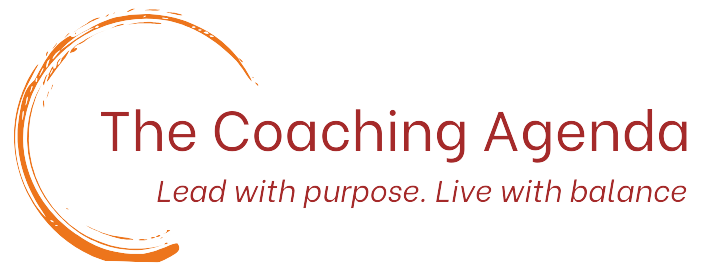Mentoring vs. Coaching: What’s the difference, and which one do you need?
As professionals progress through their careers, they often seek support to accelerate their development, navigate challenges, or refine their leadership approach. Two of the most powerful tools available are mentoring and coaching—but while they’re often used interchangeably, they are not the same. Understanding the difference between them can help you choose the right path to unlock your leadership potential.
The core distinction: Experience vs. Exploration
At its essence, the difference lies in how the support is delivered and what the relationship is based on.
Mentoring is an experience-based relationship. It’s a partnership where a more experienced individual (the mentor) shares insights, advice, and guidance to help the mentee grow, usually in a specific field or career path.
Coaching is a goal-oriented, facilitative process. A coach asks powerful questions, challenges thinking, and creates space for reflection. The aim is to unlock a person’s potential rather than offer direct advice.
Think of a mentor as a seasoned guide walking with you and showing you the terrain, and a coach as a skilled mirror, helping you see your own path more clearly.
How each works in practice
🔹 Mentoring
A mentor offers:
Advice based on personal experience.
Career navigation insights ("I’ve been where you are").
Support in developing leadership identity.
Exposure to informal knowledge—like how to operate politically within an organization.
Long-term relationships often based on trust and chemistry.
✅ Example:
You’re a high-potential manager newly promoted to a leadership role. A mentor who has led large teams shares how they navigated similar transitions, what pitfalls to avoid, and how to build credibility quickly with senior stakeholders.
🔹 Coaching
A coach provides:
Structured sessions with clear goals and outcomes.
Reflection, self-discovery, and behavior change.
Tools to increase emotional intelligence and communication.
Techniques to overcome limiting beliefs or habits.
Often time-bound and focused on measurable outcomes.
✅ Example:
You’re preparing to lead a high-stakes presentation to your board. A coach works with you to increase your executive presence, manage anxiety, and craft a compelling message—without telling you what to say.
When to choose Mentoring
Mentoring is best when:
You want career guidance and learn from someone who’s “been there before.”
You’re navigating unfamiliar corporate environments, politics, or strategic moves.
You need a sounding board who can share war stories and practical hacks.
You’re building your leadership brand and want real-life examples.
Mentoring is especially powerful for emerging leaders stepping into new territory. At The Coaching Agenda, I use my extensive years of consulting and executive experience to mentor rising professionals—offering direct guidance, leadership modelling, and practical career navigation.
When to choose Coaching
Coaching is ideal when:
You want to grow self-awareness, emotional agility, or communication effectiveness.
You’re aiming to shift behavior (e.g., from reactive to strategic leadership).
You need to unlock potential and perform at your best.
You prefer a structured process with reflection and accountability.
At The Coaching Agenda, coaching is outcome-focused—perfect for leaders seeking transformation, not just advice.
Can you have both? Absolutely.
Many high-performing professionals benefit from both mentoring and coaching. A coach can help you reflect, evolve, and create lasting behavioral change. A mentor can offer context, share the roadmap, and help you accelerate your journey.
The two are not competitors—they are complementary. When used together, they can unlock powerful, holistic leadership growth.
Final thoughts: Choose based on your needs
Need answers, guidance, and wisdom? → Mentoring.
Need reflection, transformation, and new habits? → Coaching.
And if you’re still unsure? I offer both services through The Coaching Agenda, helping leaders move with confidence, clarity, and strategy—no matter where they are on their journey.
